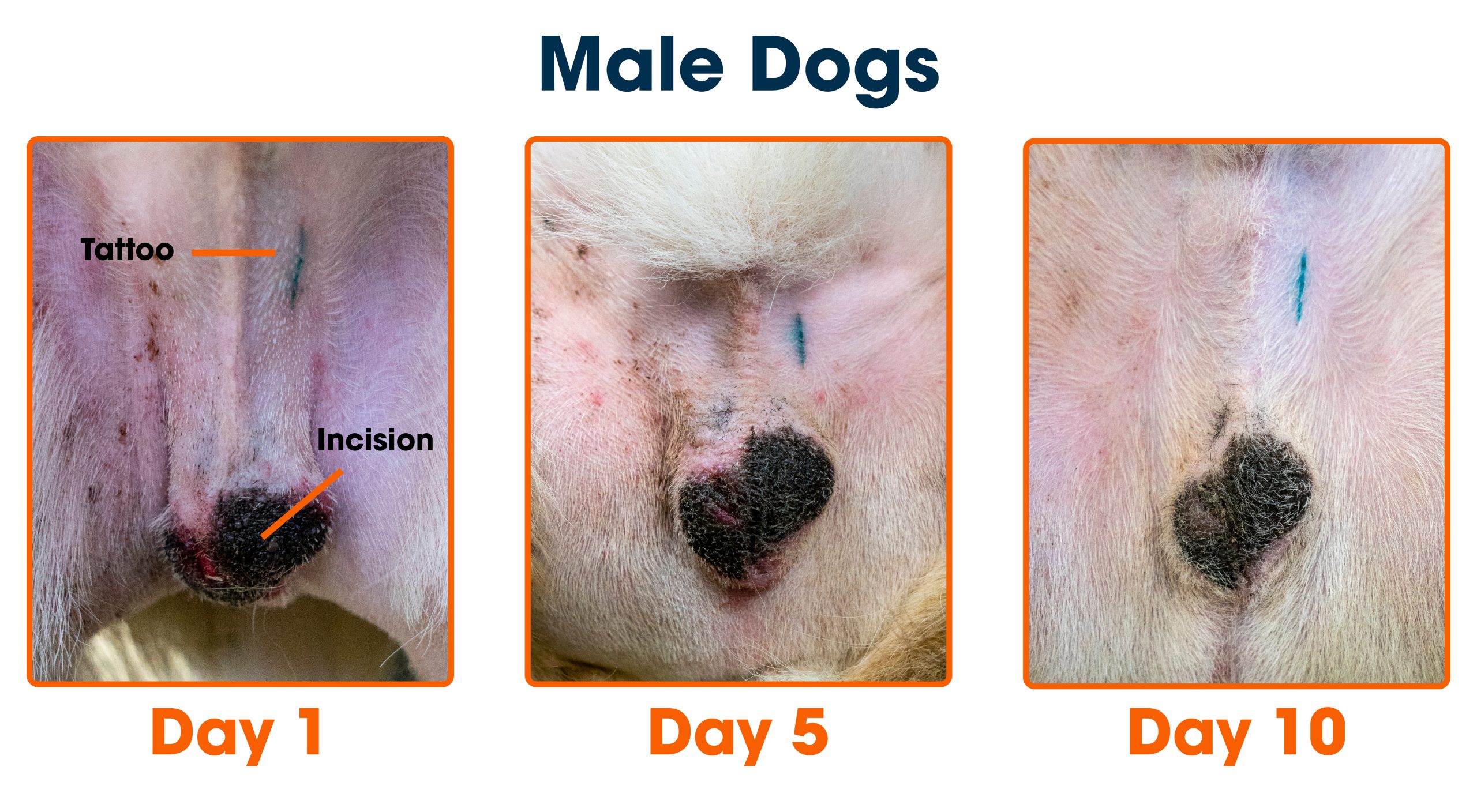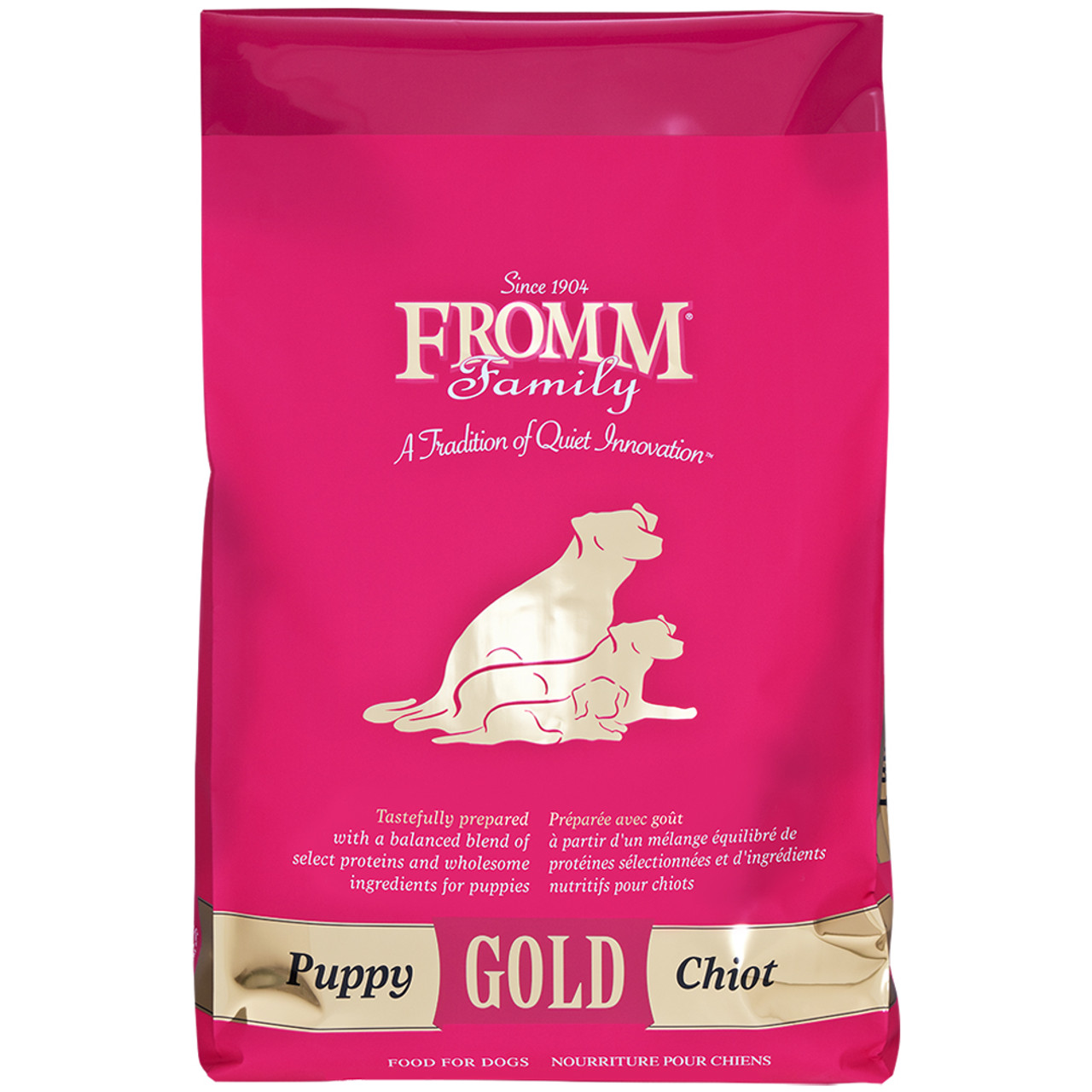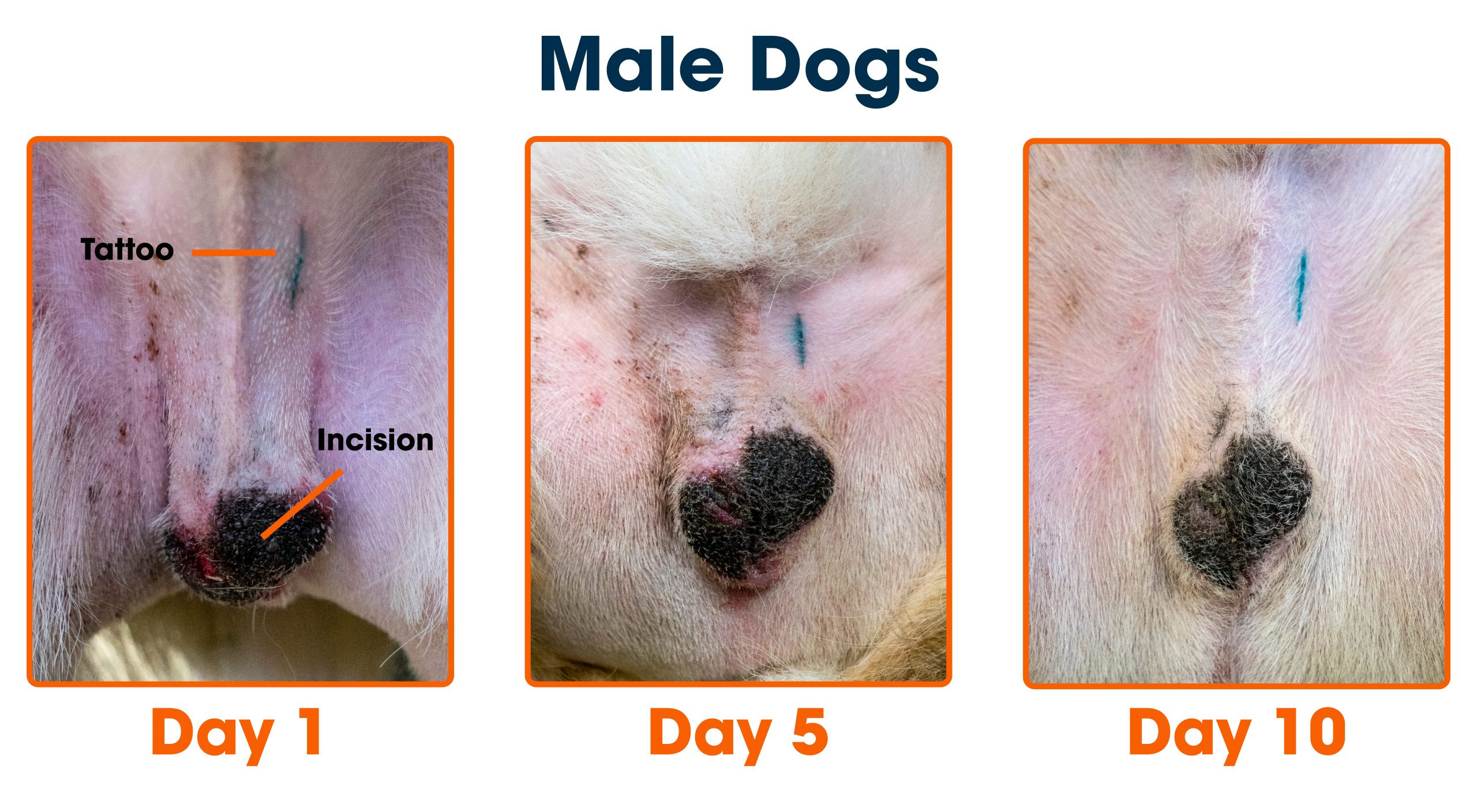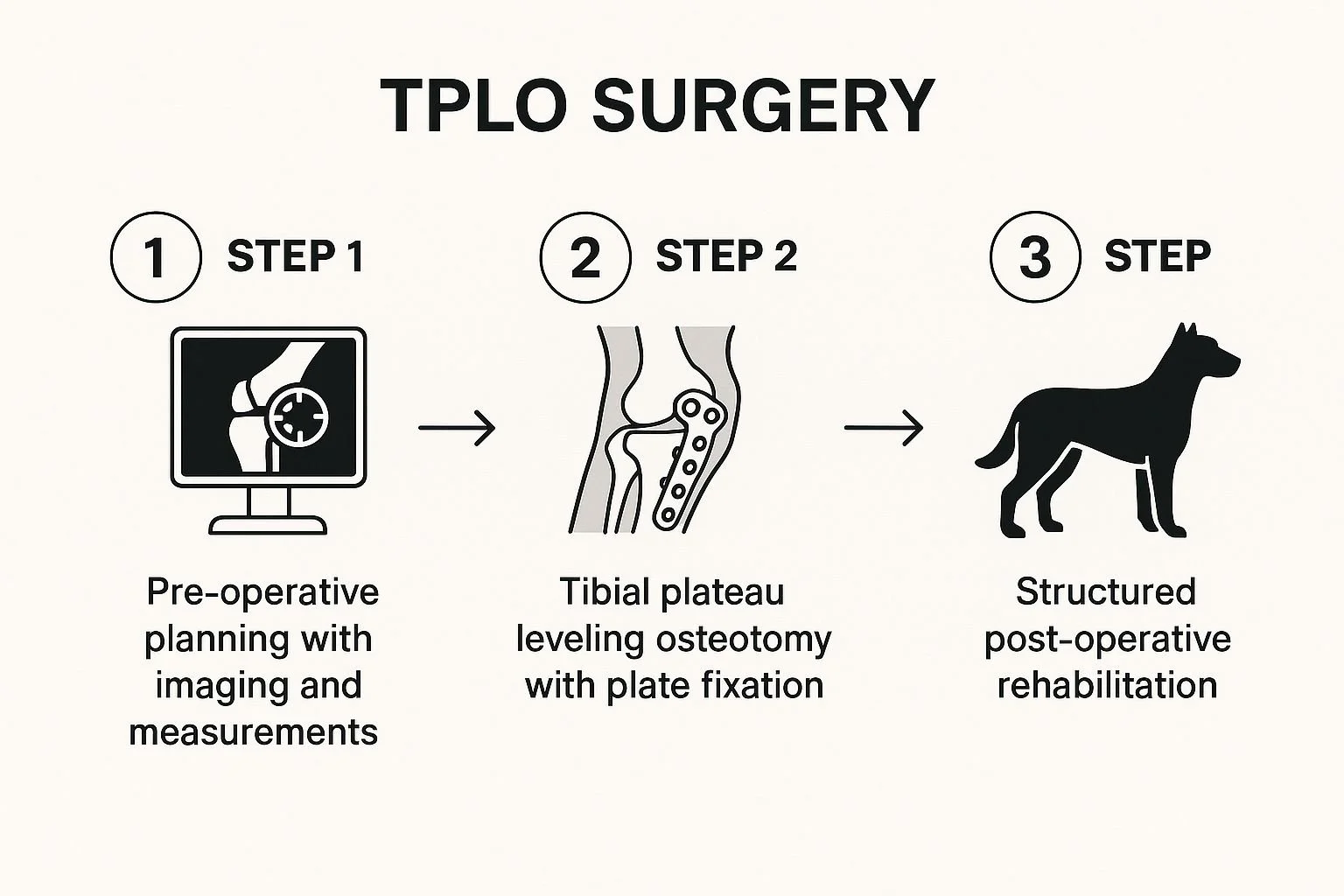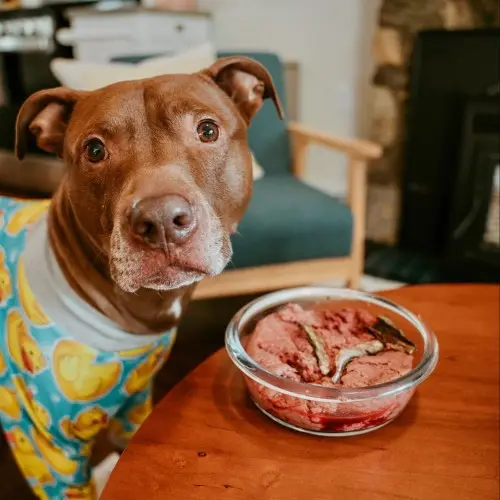Choosing the right food for your Pitbull isn’t just about filling their bowl—it’s about giving them the fuel they need to stay strong, happy, and full of life. You want to make sure every meal supports their energy, muscles, and overall health.
But with so many options out there, how do you know what’s truly best for your dog? You’ll discover exactly what type of dog food will keep your Pitbull thriving, so you can feel confident every time you feed them.
Keep reading to find out how to make the best choice for your loyal companion.
Pitbull Nutritional Needs
Pitbulls are strong and energetic dogs. They need a balanced diet to stay healthy. Understanding their nutritional needs is key to choosing the right food.
Protein Requirements
Protein is vital for pitbulls. It helps build strong muscles. Choose foods with high-quality protein sources. Chicken, beef, and fish are excellent options. Look for dog food with at least 25% protein content.
Essential Vitamins And Minerals
Pitbulls need essential vitamins and minerals. These support their immune system and overall health. Ensure the food includes vitamin E, vitamin C, and B vitamins. Calcium and phosphorus are important for bone health.
Fat And Carbohydrate Balance
Fat provides energy for active pitbulls. Look for foods with healthy fats like omega-3 and omega-6. Carbohydrates should be balanced. They offer energy but should not be excessive. Whole grains and vegetables are good carbohydrate sources.
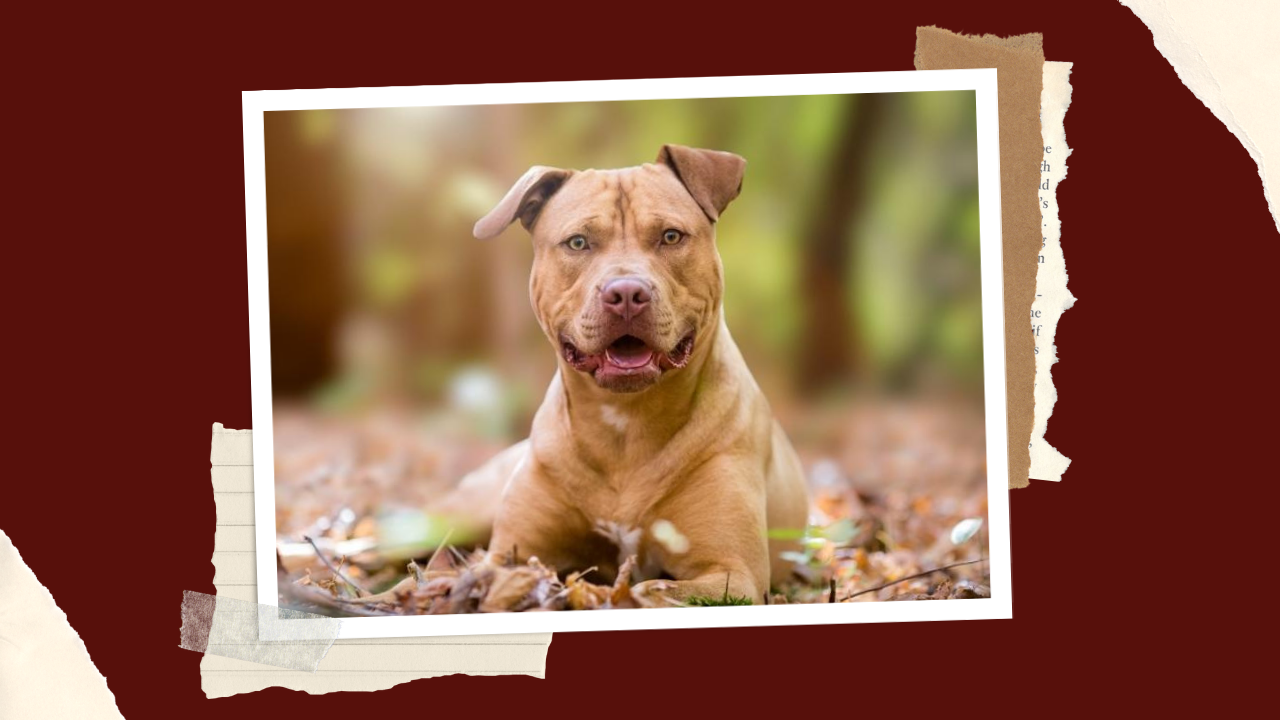
Credit: wefeedraw.com
Types Of Dog Food
Choosing the right dog food for a Pitbull is important for their health and energy. Different types of food offer various benefits. Understanding these options helps you pick the best diet for your dog’s needs.
Dry Kibble Benefits
Dry kibble is popular and easy to store. It helps keep your dog’s teeth clean by reducing plaque. Kibble is often affordable and comes in many formulas. It contains balanced nutrients and supports a healthy coat. Feeding kibble is quick and convenient for busy owners.
Wet Food Pros And Cons
Wet food is juicy and tasty, which many dogs enjoy. It has higher moisture content, helping with hydration. Wet food can be easier to eat for dogs with dental issues. On the downside, it costs more than dry food. Once opened, it spoils quickly and needs refrigeration.
Raw Diet Insights
A raw diet includes uncooked meat, bones, and vegetables. It may boost muscle growth and improve skin health. Some owners prefer raw food for its natural ingredients. Careful handling is necessary to avoid bacteria risks. Consult a vet before switching to raw feeding.
Homemade Meals Considerations
Homemade meals let you control ingredients and quality. You can customize meals for allergies or preferences. Cooking at home requires knowledge of dog nutrition. Balance in protein, fats, and carbs is key. Always check with a vet to ensure meals meet needs.
Choosing Food Based On Age
Choosing the right food for your pitbull depends heavily on their age. Each life stage has unique nutritional needs that support growth, energy, and health. Feeding age-appropriate food helps maintain a strong body and vibrant spirit.
Puppy Food Essentials
Puppy pitbulls need food rich in protein and fat. These nutrients fuel their rapid growth and high energy levels. Look for food with DHA to support brain and eye development. Small, frequent meals help with digestion and keep energy steady. Avoid foods with fillers or artificial additives that can upset their stomach.
Adult Pitbull Diet
Adult pitbulls require balanced nutrition to maintain muscle and energy. Protein remains important, but fat content should be moderate to prevent weight gain. Include foods with vitamins and minerals for overall health. Monitor portion sizes to avoid obesity. Foods with joint-supporting ingredients like glucosamine can be beneficial.
Senior Dog Nutrition
Senior pitbulls need fewer calories but more fiber for digestion. Their metabolism slows, so lower fat food helps control weight. Foods rich in antioxidants support the immune system. Soft or smaller kibble can ease chewing difficulties. Special formulas with joint care and digestive support improve quality of life.
Special Dietary Needs
Pitbulls have unique dietary needs that support their health and energy. Their food must address specific concerns like allergies, weight control, and joint health. Choosing the right diet helps them stay strong and active. Understanding these needs leads to better food choices for your pitbull.
Allergies And Sensitivities
Some pitbulls suffer from food allergies or sensitivities. Common triggers include wheat, corn, soy, and certain proteins. Signs of allergies include itching, redness, and digestive upset. A limited ingredient diet or hypoallergenic food can help reduce symptoms. Grain-free options may work well for sensitive dogs. Always observe your dog’s reaction to new foods carefully.
Weight Management
Pitbulls can gain weight easily without proper diet and exercise. Excess weight puts stress on their heart and joints. Foods with balanced calories and high protein support lean muscle growth. Avoid foods with too many fillers and empty carbs. Portion control is essential to keep a healthy weight. Regular exercise combined with proper diet improves overall health.
Joint And Muscle Support
Strong muscles and healthy joints are vital for active pitbulls. Look for foods rich in omega-3 fatty acids, glucosamine, and chondroitin. These nutrients reduce inflammation and support cartilage repair. Protein-rich diets help maintain muscle mass and strength. Supplements may be necessary for older or very active pitbulls. Proper nutrition promotes mobility and reduces injury risk.
Reading Dog Food Labels
Reading dog food labels is essential for choosing the best food for your Pitbull. Labels reveal important details about ingredients and nutrition. Understanding them helps you make smart choices for your dog’s health. Pay close attention to what each section of the label tells you.
Identifying Quality Ingredients
Look for real meat as the first ingredient. Chicken, beef, or fish shows good protein sources. Whole grains like brown rice or oats provide energy. Vegetables add vitamins and minerals. Avoid vague terms like “meat by-products” or “animal digest.”
Avoiding Harmful Additives
Steer clear of artificial colors, flavors, and preservatives. Ingredients such as BHA, BHT, and ethoxyquin may harm your dog. Also, avoid excessive fillers like corn, wheat, and soy. These can cause allergies or digestive issues in Pitbulls.
Understanding Nutritional Claims
Check for statements like “complete and balanced.” This means the food meets minimum nutrition standards. Look for AAFCO approval, which ensures proper nutrient levels. Protein and fat percentages help match your dog’s energy needs. Avoid foods with vague claims such as “natural” without more detail.

Credit: www.miamiherald.com
Feeding Tips For Pitbulls
Proper feeding is essential for a healthy and happy Pitbull. Knowing how to feed your dog supports strong muscles and a shiny coat. Careful attention to meal times, portion sizes, and hydration keeps your Pitbull energetic and well.
Meal Frequency And Portion Control
Feed adult Pitbulls twice a day to maintain steady energy levels. Puppies need three to four smaller meals daily for healthy growth. Use a measuring cup to control portions. Overfeeding can cause weight gain and health problems. Adjust portions based on your dog’s activity and age.
Transitioning To New Food
Switch your Pitbull’s food gradually over 7 to 10 days. Start by mixing 25% new food with 75% old food. Increase the new food amount daily until fully switched. This helps avoid stomach upset and digestive issues. Watch for any allergic reactions or changes in stool.
Hydration Importance
Fresh water must always be available for your Pitbull. Proper hydration aids digestion and keeps joints healthy. Check water bowls several times daily and refill as needed. In hot weather, offer extra water to prevent dehydration. Avoid giving sugary or flavored drinks to your dog.
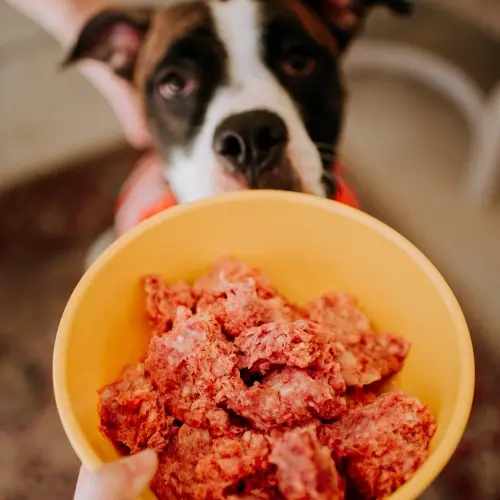
Credit: wefeedraw.com
Frequently Asked Questions
What Ingredients Are Best For Pitbull Dog Food?
High-quality protein, like chicken or beef, is essential. Include healthy fats and whole grains for energy. Avoid fillers, artificial additives, and by-products to keep your Pitbull healthy and energetic.
How Much Protein Should Pitbull Dog Food Contain?
Pitbulls need 22-30% protein daily to support muscle growth and energy. Choose dog foods with real meat listed as the first ingredient for optimal health.
Is Grain-free Food Good For Pitbulls?
Grain-free food can help if your Pitbull has allergies. However, consult your vet first, as grains often provide valuable nutrients and fiber.
Can Pitbull Puppies Eat Adult Dog Food?
No, Pitbull puppies require specially formulated puppy food. Puppy food contains higher protein and fat levels to support growth and development.
Conclusion
Choosing the right food helps your Pitbull stay strong and healthy. Focus on high protein and good fats for energy. Avoid fillers and artificial ingredients that can cause problems. Fresh water is just as important every day. Watch your dog’s weight and adjust food as needed.
A happy, active Pitbull needs balanced meals and care. Give your dog the best chance to thrive with smart food choices. Simple steps can make a big difference in your dog’s life.

